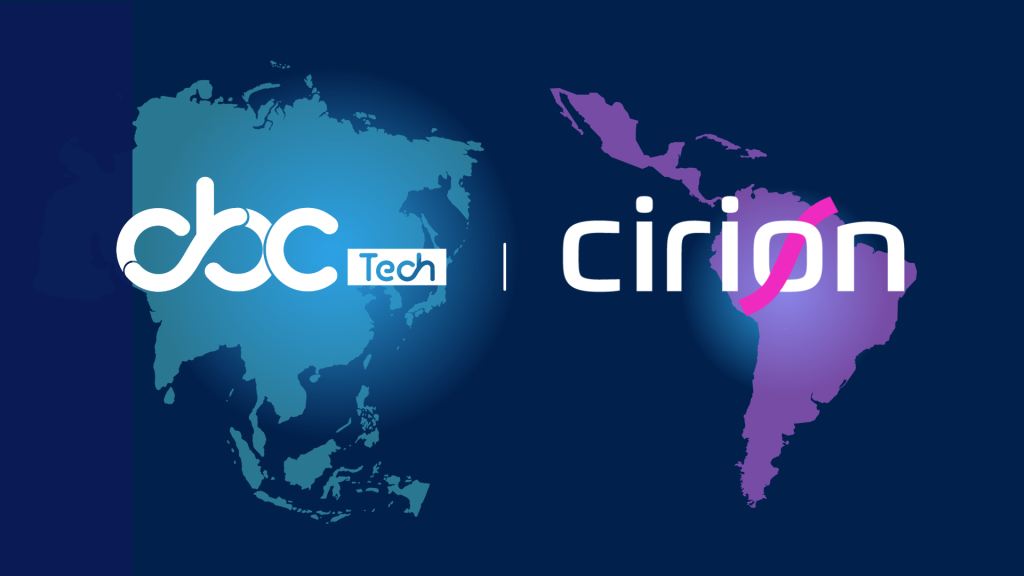Artificial Intelligence (AI) has been under the spotlight as one of the most impactful and promising technologies of the 21st century. However, its deployment in large companies faces significant challenges. Before exploring them, it is key to understand that AI is, essentially, statistical software. It operates through systems which seek to provide statistical analysis in response to specific requests, such as facial identification or pattern recognition.
That said, in the Latin American context, companies are still in the early stages of using AI. Current applications are predominantly geared towards transactional functions, such as billing, logistics control and e-commerce. The challenge lies in empowering teams to understand and efficiently handle AI, as well as to build applications that are relevant to their business. Development timeframe, lack of qualified personnel, and ethical concerns surrounding statistical accuracy are all obstacles to be overcome.
However, despite the challenges, AI offers a vast range of opportunities. Companies can create specific applications, such as using AI to detect inappropriate movements in workplaces, thus increasing security and driving operational efficiency. Although Latin America is still at an early stage, it is faced with the opportunity to integrate AI into various sectors, transforming the way companies interact with technology, even though it is already being used in some cases, such as customer service via chat, for example.
Impacted sectors and the role of telecommunications companies
All sectors will be impacted by AI, but some more prominently than others. Text analysis, for example, could revolutionize how companies handle feedback and marketing campaigns. For telecommunications companies, this transformation is especially significant. The exponential demand for computing capacity, memory and bandwidth, driven by AI, will impact data centers directly. In order to remain competitive, these companies will need to invest in infrastructure capable of meeting this growing demand.
Read about artificial intelligence in society
The successful implementation of AI requires companies to seek specialized services externally. This means partnering with qualified professionals and service providers who understand the complexities of AI. Data security becomes a main concern, requiring meticulous attention in the transportation and handling of sensitive information.
Future trends and impacts on business
In the coming years, AI will continue to shape the business landscape. Education and training are areas that benefit enormously from AI, as it facilitates the analysis and interpretation of large volumes of data. In business, marketing is a fertile soil for its application, but security must always be a priority. Sectors that involve word processing, such as Legal, can optimize processes using tools that offer superior statistical and mathematical capabilities.
With this in mind, it is clear that Artificial Intelligence is rapidly becoming essential to business in the 21st century. In spite of the initial challenges, there are huge opportunities for innovation and efficiency. Large companies, especially those in sectors that are sensitive to digital transformation, need to adopt a strategic approach to incorporate AI into their operations. The future of business will be deeply influenced by the ability to understand, embrace, and optimize Artificial Intelligence.
Telecommunications companies play a strategic role in this scenario, as they face a growing demand for infrastructure capable of supporting the explosion of data and need for computing capacity imposed by AI. In this context, Cirion emerges as an innovative leader, offering specialized solutions to help companies on their journey towards excellence in Artificial Intelligence.
With a vision committed to innovation and data security, Cirion is a valuable partner for large companies looking to successfully integrate AI into their operations. By adopting AI in a strategic and optimized manner, organizations are setting the stage for a business future ripe with unexplored possibilities, where Cirion plays a key role in breaking new digital ground.

Author:
Rodrigo Oliveira
Business Director, Data Centers
Cirion, Brazil
With more than 30 years of experience in the Data Center and Telecommunications segment, Rodrigo provides Cirion’s customers with the guidance they need to leverage technology and expand their businesses. He has worked for several multinational companies in Brazil and helped build Diveo’s operation in the country. He was also president of the UOL Diveo unit in Colombia, where he took part in the sale of the subsidiary to Riverwood/Synapsis. He was also in command of Matrix Datacenter.










